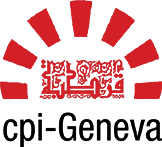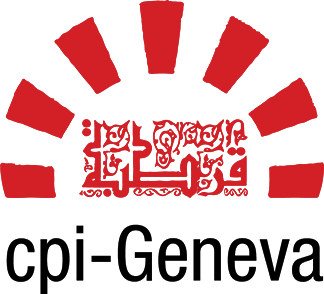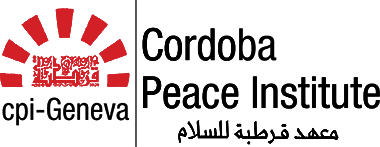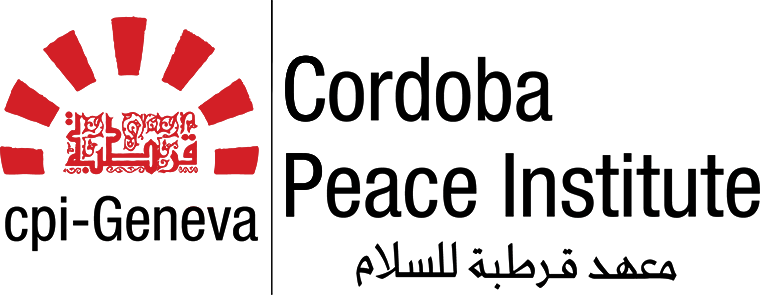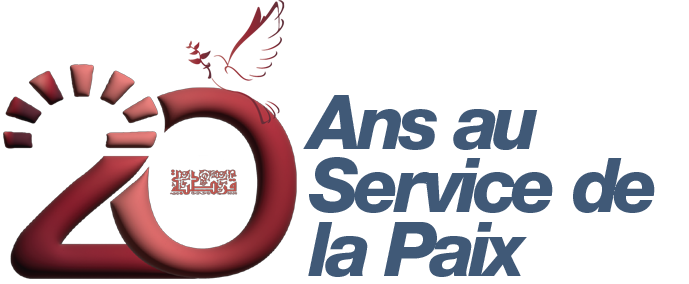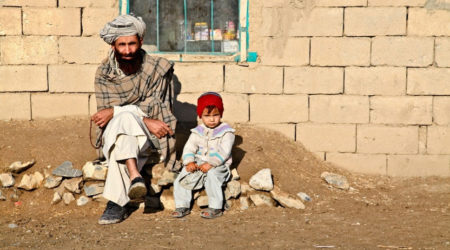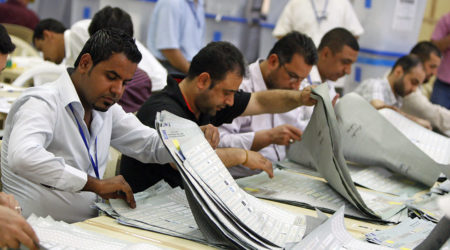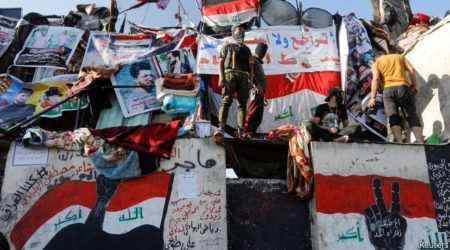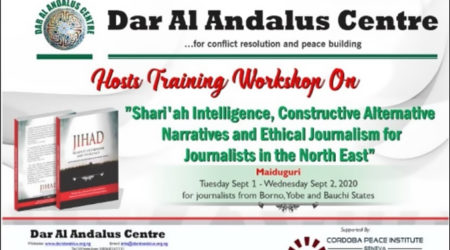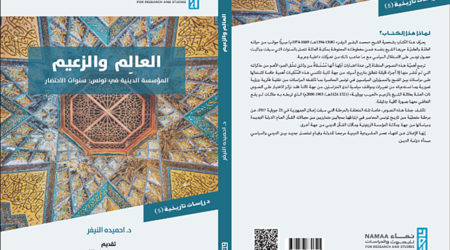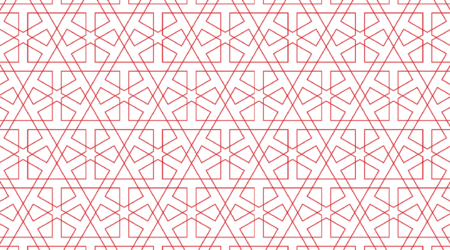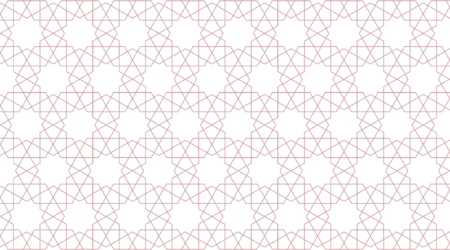Happy birthday Johan!
It has been over twenty years since I had the chance to meet you for the first time when I first became interested in peace studies. We were emerging in Algeria from a decade during which the country had experienced one of the most devastating violent conflicts of the end of the twentieth century, triggered by the coup d’état of January 1992 and the repression that followed, with a toll of nearly a quarter of a million victims…
Dear Johan,
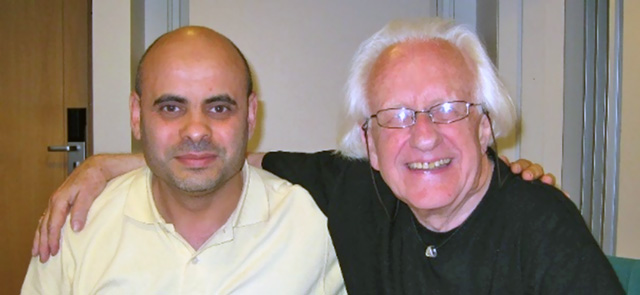 Trondheim, Norway, 9 June 2007 It has been over twenty years since I had the chance to meet you for the first time when I first became interested in peace studies. We were emerging in Algeria from a decade during which the country had experienced one of the most devastating violent conflicts of the end of the twentieth century, triggered by the coup d’état of January 1992 and the repression that followed, with a toll of nearly a quarter of a million victims. Working on the symptoms, that is, massive human rights violations, was no longer enough; it was necessary to invest in the field of conflictology and irenology to understand the root causes of the evil that was and is still eating away Algeria and the Arab and Muslim world in general, namely the absence of freedom and bad governance that lead to so much political violence, and to explore ways to address it.
Trondheim, Norway, 9 June 2007 It has been over twenty years since I had the chance to meet you for the first time when I first became interested in peace studies. We were emerging in Algeria from a decade during which the country had experienced one of the most devastating violent conflicts of the end of the twentieth century, triggered by the coup d’état of January 1992 and the repression that followed, with a toll of nearly a quarter of a million victims. Working on the symptoms, that is, massive human rights violations, was no longer enough; it was necessary to invest in the field of conflictology and irenology to understand the root causes of the evil that was and is still eating away Algeria and the Arab and Muslim world in general, namely the absence of freedom and bad governance that lead to so much political violence, and to explore ways to address it.
It is simply impossible not to cross your path when seeking an education in conflict and peace, given your substantial contributions to conflict transformation theory and practice over the past six decades, for which you have earned the nickname, and rightly so, of the founding father of the discipline of peace studies. Having myself been trained in the so-called exact sciences and practised medical physics, your multidisciplinary approach marked by your dual training in mathematics and sociology has been very useful to me in understanding the fundamentals of a new field of knowledge that was offered to me. Your advice allowed me to quickly reach the essentials in learning and avoid drowning in unnecessary details.
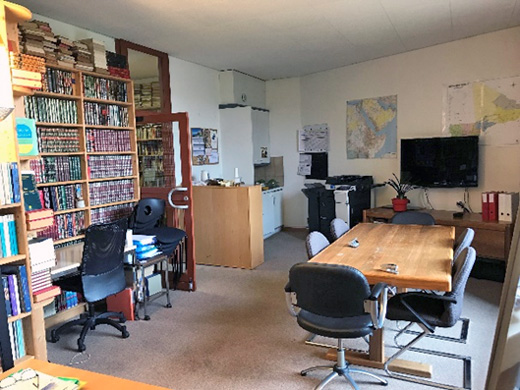 CPI meeting roomShortly after, in 2002, the Cordoba Peace Institute – Geneva (CPI), formerly Cordoba Foundation of Geneva, was born. Its aim was to contribute to capacity building in matters of conflict transformation in Muslim-majority countries by reviving the internal, cultural and religious resources of these societies. You were kind enough to join CPI’s Advisory Committee, for which we are again grateful.
CPI meeting roomShortly after, in 2002, the Cordoba Peace Institute – Geneva (CPI), formerly Cordoba Foundation of Geneva, was born. Its aim was to contribute to capacity building in matters of conflict transformation in Muslim-majority countries by reviving the internal, cultural and religious resources of these societies. You were kind enough to join CPI’s Advisory Committee, for which we are again grateful.
We had the privilege and the pleasure of having you at CPI in the years 2004 and 2005 to conduct seminars on the transformation of conflicts by peaceful means and to present the transcend method in front of small groups of friends eager to learn about peace studies. The exchanges were so rich!
 Tent of Dialogue, Trembley Park, Geneva, 3 July 2004Whenever you spoke of conflict transformation, you emphasized the fact that it had to be done by peaceful means. It is true that without persuasion and empathy one cannot speak of true mediation or of peacebuilding. A “muscle” or “cheque” based mediation process at best results in temporary pacification.
Tent of Dialogue, Trembley Park, Geneva, 3 July 2004Whenever you spoke of conflict transformation, you emphasized the fact that it had to be done by peaceful means. It is true that without persuasion and empathy one cannot speak of true mediation or of peacebuilding. A “muscle” or “cheque” based mediation process at best results in temporary pacification.
 Arrangement of the facilitation table in the Danish cartoon crisis, CPI, 13 February 2006You participated in the “Tent of Dialogue”, which we organized in Geneva in July 2004, to lead a discussion on the theme of “International terrorism: explaining is not justifying”. It was a year after the US intervention in Iraq, and you did not miss the opportunity to severely criticize US foreign policy, the perversion of the global war on terror, and the ineffectiveness of the “security-alone” strategy. This created a tense atmosphere in the tent and made some conformist participants who are used to politically correct speeches uncomfortable.
Arrangement of the facilitation table in the Danish cartoon crisis, CPI, 13 February 2006You participated in the “Tent of Dialogue”, which we organized in Geneva in July 2004, to lead a discussion on the theme of “International terrorism: explaining is not justifying”. It was a year after the US intervention in Iraq, and you did not miss the opportunity to severely criticize US foreign policy, the perversion of the global war on terror, and the ineffectiveness of the “security-alone” strategy. This created a tense atmosphere in the tent and made some conformist participants who are used to politically correct speeches uncomfortable.
 Participation in Aljazeera’s “Bila Houdoud” (Without Borders) program, Doha, 25 March 2006On 13 February 2006, amid the crisis of the cartoons published on 30 September 2005 by the Jyllands-Posten newspaper, CPI organized a facilitation between a Danish government delegation and a delegation from the Muslim world. You were chosen by the latter as an advisor. During the exchanges, you insisted on the importance of demarcating the border between freedom of expression and offence, freedom of the press and insult, and you put your finger on the political mistakes of the Danish Prime Minister of the time in the management of the crisis.
Participation in Aljazeera’s “Bila Houdoud” (Without Borders) program, Doha, 25 March 2006On 13 February 2006, amid the crisis of the cartoons published on 30 September 2005 by the Jyllands-Posten newspaper, CPI organized a facilitation between a Danish government delegation and a delegation from the Muslim world. You were chosen by the latter as an advisor. During the exchanges, you insisted on the importance of demarcating the border between freedom of expression and offence, freedom of the press and insult, and you put your finger on the political mistakes of the Danish Prime Minister of the time in the management of the crisis.
 Interview on political change through non-violence, CPI, Geneva, May 2008
Interview on political change through non-violence, CPI, Geneva, May 2008 Interview on peace studies, World Council of Churches, Geneva, 19 September 2008I remember your first trip to Doha to take part in Aljazeera’s famous program “Bila Hudud” (Without Borders) on 25 March 2006, followed by tens of millions of viewers in the Arab world, a program that we had prepared with journalist Ahmed Mansour. The strength and soundness of your comments on world order (or disorder) were widely appreciated and provoked a great many reactions and comments from an Arab opinion in search of justice and yearning for freedom.
Interview on peace studies, World Council of Churches, Geneva, 19 September 2008I remember your first trip to Doha to take part in Aljazeera’s famous program “Bila Hudud” (Without Borders) on 25 March 2006, followed by tens of millions of viewers in the Arab world, a program that we had prepared with journalist Ahmed Mansour. The strength and soundness of your comments on world order (or disorder) were widely appreciated and provoked a great many reactions and comments from an Arab opinion in search of justice and yearning for freedom.

 Training workshop organized by Transcend in Jondal, Norway, August 2007
Training workshop organized by Transcend in Jondal, Norway, August 2007 Transcend meeting in Trondheim, Norway, 2008Participating in 2007-2008 in the workshops that you organize in the summer in your homeland in Jondal and in Trondheim in Norway was a rich and pleasant experience. I learned a lot about the philosophy of Transcend and the work of this network of men and women of diverse backgrounds who have dedicated their lives to promoting peace in the world.
Transcend meeting in Trondheim, Norway, 2008Participating in 2007-2008 in the workshops that you organize in the summer in your homeland in Jondal and in Trondheim in Norway was a rich and pleasant experience. I learned a lot about the philosophy of Transcend and the work of this network of men and women of diverse backgrounds who have dedicated their lives to promoting peace in the world.
You insisted on the importance of remaining independent to avoid the bureaucracy of peace. One can indeed measure the harm that peace bureaucrats, humanitarian bureaucrats and human rights bureaucrats do to promoting human security.

 Workshop on Peace Journalism, Doha, 2 October 2010
Workshop on Peace Journalism, Doha, 2 October 2010 Participation in Aljazeera’s “Ma Waraa al-Khabar” (Beyond Info) program, Doha, 6 October 2010
Participation in Aljazeera’s “Ma Waraa al-Khabar” (Beyond Info) program, Doha, 6 October 2010 Prize awarded by CPI to Johan Galtung on 2 October 2010 for his exceptional contribution to peace studiesIn 2008, you gave us interviews on the evolution of peace studies and on political change through non-violence. A very successful interview series in the Arab world which is still available on YouTube.
Prize awarded by CPI to Johan Galtung on 2 October 2010 for his exceptional contribution to peace studiesIn 2008, you gave us interviews on the evolution of peace studies and on political change through non-violence. A very successful interview series in the Arab world which is still available on YouTube.
 MAS, World Peace Academy, Basel, 13 October 2010We travelled together to Doha in October 2010, ten years ago already, when CPI co-organized with the Aljazeera Network a workshop on peace journalism. We took this opportunity to launch the Arabic version of your book, co-authored with Jake Lynch, “Reporting Conflict: New Directions in Peace Journalism”, and translated from English and edited by CPI in partnership with Transcend University Press (TUP). It was an intense visit; you were so busy.
MAS, World Peace Academy, Basel, 13 October 2010We travelled together to Doha in October 2010, ten years ago already, when CPI co-organized with the Aljazeera Network a workshop on peace journalism. We took this opportunity to launch the Arabic version of your book, co-authored with Jake Lynch, “Reporting Conflict: New Directions in Peace Journalism”, and translated from English and edited by CPI in partnership with Transcend University Press (TUP). It was an intense visit; you were so busy.

 The media wanted to hear your comments on the blocking of Israeli-Palestinian negotiations because of the construction of new settlements in the West Bank and on the American mediation approach by the Obama-Clinton duo and their special envoy George Mitchell and the role of the “Middle East Quartet”. It was a topical subject and an opportunity for you to recall your idea of a “Middle Eastern Community” bringing together Palestine, Israel, Syria, Lebanon, Jordan and Egypt, in a space of cooperation like the European Community, ancestor of the EU.
The media wanted to hear your comments on the blocking of Israeli-Palestinian negotiations because of the construction of new settlements in the West Bank and on the American mediation approach by the Obama-Clinton duo and their special envoy George Mitchell and the role of the “Middle East Quartet”. It was a topical subject and an opportunity for you to recall your idea of a “Middle Eastern Community” bringing together Palestine, Israel, Syria, Lebanon, Jordan and Egypt, in a space of cooperation like the European Community, ancestor of the EU.
We wanted to celebrate your birthday on this occasion. And as a gift, we emptied within minutes the case of Transcend books you had brought with you.
In 2010, you launched in Basel a beautiful Master of Advanced Studies (MAS) project in “peace and conflict transformation” with friends including Dietrich Fisher, our dear Dieter who passed away five years ago (18 October 2015). CPI had the pleasure of contributing for three successive years to this MAS, organized by World Peace Academy in partnership with the University of Basel, by teaching a one-week unit on experience with conflicts in the Arab and Muslim world.
CPI has also had the privilege of co-publishing with Transcend some of your publications such as “OIC: Organization of Islamic C = Conference-Cooperation-Community-?” (2011) and “The Muslim Diaspora in Europe and the USA” (2012), as well as “The Quest for Peace in the Islamic Tradition” (2013) which you were kind enough to preface and include in your series “TUP Books”, alongside your reference works, such as “A Theory of Conflict”, “A Theory of Peace”, “A Theory of Development”, and “A Theory of Civilization”.
I have fond memories of our meetings at your home in Bois-Chatton and of the delightful conversations with your wife Fumi and the group of friends who sometimes shared the privacy of your home and took advantage of your in-depth analyses on various questions of international politics.
We had fascinating discussions on topics as varied as peace mathematics, peace journalism, peace art, the “rank discordance” theory, or the capacity of the spirit to extract the human being from his triple conditioning induced by “Nature”, “Structure” and “Culture”.
A friend once told me that men and women who love truth and justice stay young all their lives. Your dynamism and your constant commitment to just causes, and that of peace in particular, are the living confirmation of this assertion.
I wish you a happy birthday, and a long and happy life, surrounded by Fumi, and all your family and loved ones.
Enjoy the peaceful life in Alfàs del Pi at the foot of the Serra Gelada and a few kilometres from the beaches of the Costa Blanca on the edge of the sweet Mediterranean, where you wanted to settle and where the municipality gave your name to a park to honour you, in recognition of your unwavering commitment to peace. You really deserve it.
Thanks, Johan, for everything!
Looking forward to meeting you in the near future, please accept my friendship.
Abbas Aroua
Geneva, 24 October 2020
 Residence of Johan Galtung in Bois-Chatton, France
Residence of Johan Galtung in Bois-Chatton, France  Inauguration of the “Johan Galtung Park” in Alfaz, Spain
Inauguration of the “Johan Galtung Park” in Alfaz, Spain
(Photo Siri Lund, spaniaavisen.no, 15 June 2013)
